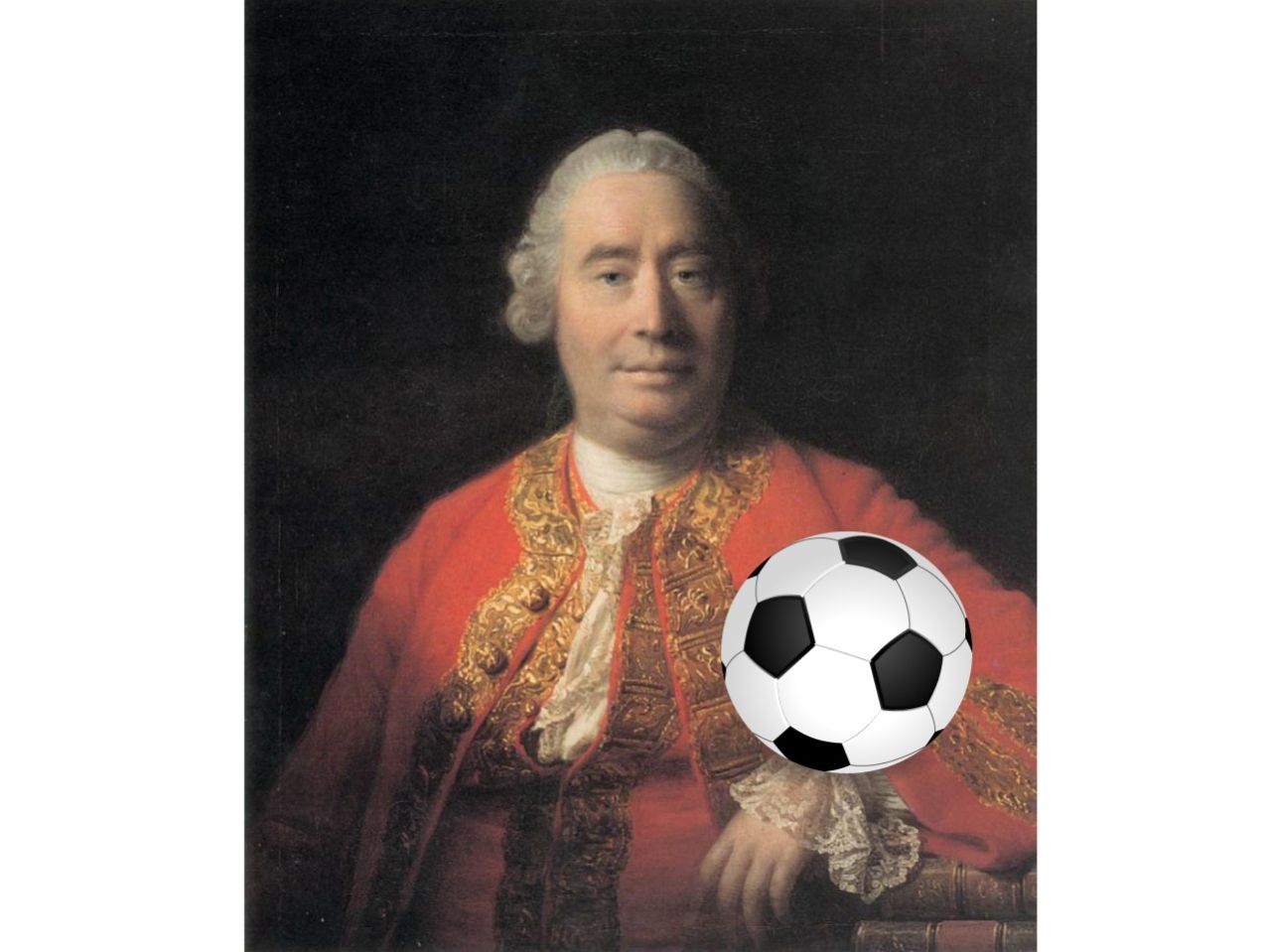Hume, Hobbes, and the World Cup
As a member of a Dutch university, perhaps I shouldn’t talk about the World Cup. But as a (casual) supporter of the English football team, I’ve been talking about it far more than I expected. England, of course, are out of the competition. Football is not...
Spinoza on Junk Society, Social Media and Status Quo
Despite its name, junk food is good, tasty and appealing to many people [*]. Many people consciously decide to eat junk food simply because they just like it. Doctors say that junk food is unhealthy, and that a junk food diet is going to have bad...
Pay attention! Early moderns on our mind’s (in)ability to focus
It will soon be exactly ten years since Nicholas Carr wrote his much discussed article “Is Google Making us Stupid? What the Internet is doing to our brains”.* In it, Carr discusses the effects of extended internet use on his mind and that of his friends....
Spinoza’s Retelling of the Story of the First Human
The story of the Fall could be seen as a basic motif for early modern thinkers, for the story crystallizes mankind’s moral and intellectual struggle. Let’s look at what Spinoza says about it in the Ethics:
The analogy of nature
In 1776, James Boswell visited David Hume on his deathbed and asked him about his religious beliefs. Hume famously replied that he hadn’t entertained any belief in religion, ever since he began reading Locke and Clarke. This anecdote has become famous for...
We have always been wrong: Thomas Browne on the inescapability of error
Man errs. And, indeed, man cannot not err… because man is, fundamentally and unavoidably, of a “deceptible condition”, which is the “common infirmity of human nature” and the “first and father cause of common error”. This is the warning that sir Thomas...
Socialising Minds – Intersubjectivity in the History of Philosophy*
**Today, most of us find it commonsensical to think that our minds are tucked away in our bodies, hidden from others, while the skin provides a boundary of our precious selves. But this is not the only way to think about ourselves. What if thoughts and...
Limiting Infinity. Anne Conway and the Direction of the Universe
Anne Conway rejected the existence of hell. A possible reason is theological: punishing finite sins with infinite suffering would be unjust and contradict the divine nature (see Hutton, SEP). But such an interpretation suggests that we have access to God’s...
Spinoza for a #PlantPoweredCommunity
Habits are a key component of our daily life. Our habits are all those actions that we perform so often and so regularly that we do them almost automatically and without thinking. Now, no habit was a habit in the beginning. But because habits are so...
Descartes’s Provisional Skepticism, Morality, and Epistemic Bubbles
In a time with unprecedented access to information, unraveling truth is sometimes overwhelming. When in an epistemic bubble, it is often easier to resign oneself either to that way of thinking, or to a sense of skepticism, than to experience the anxiety...











